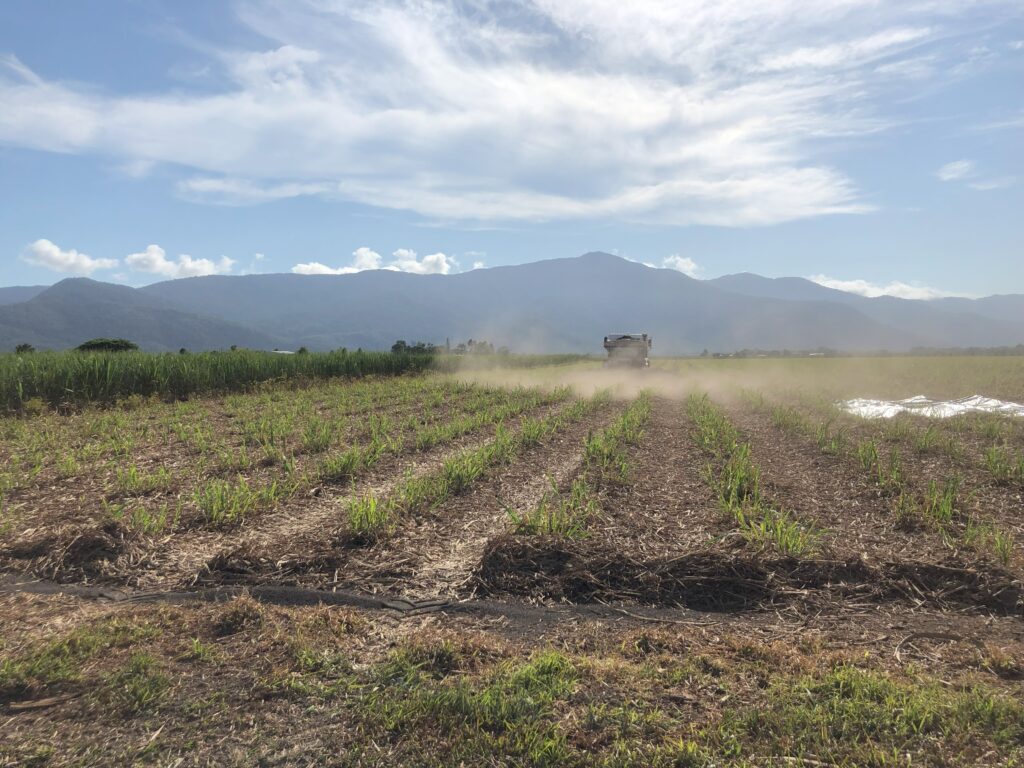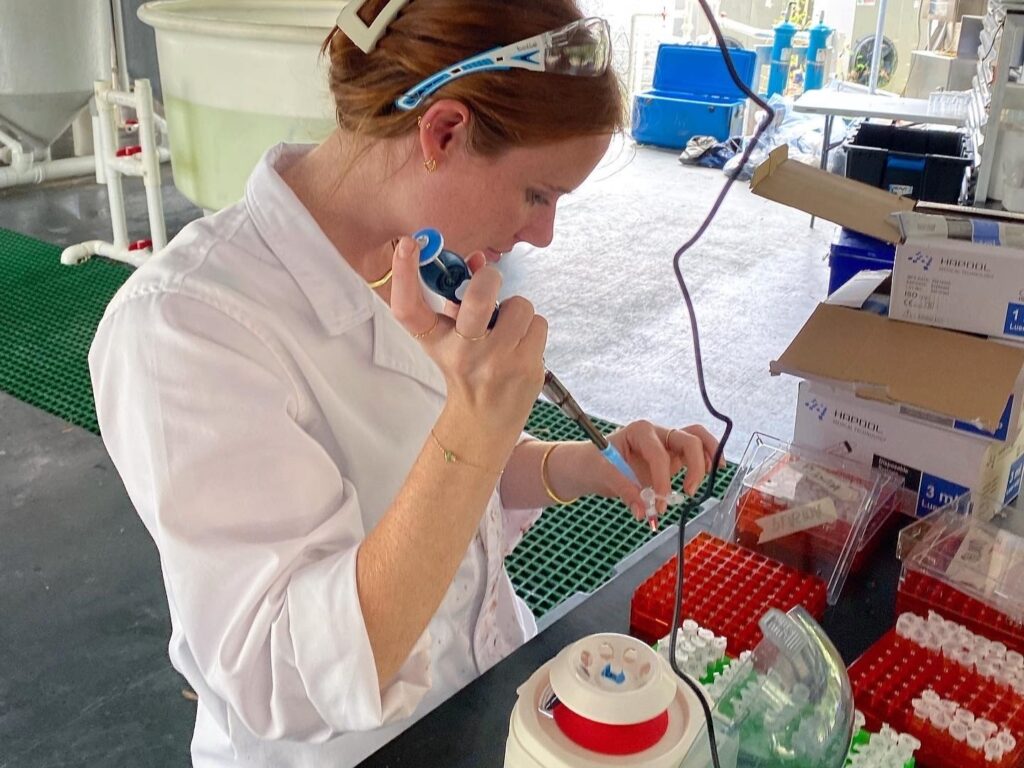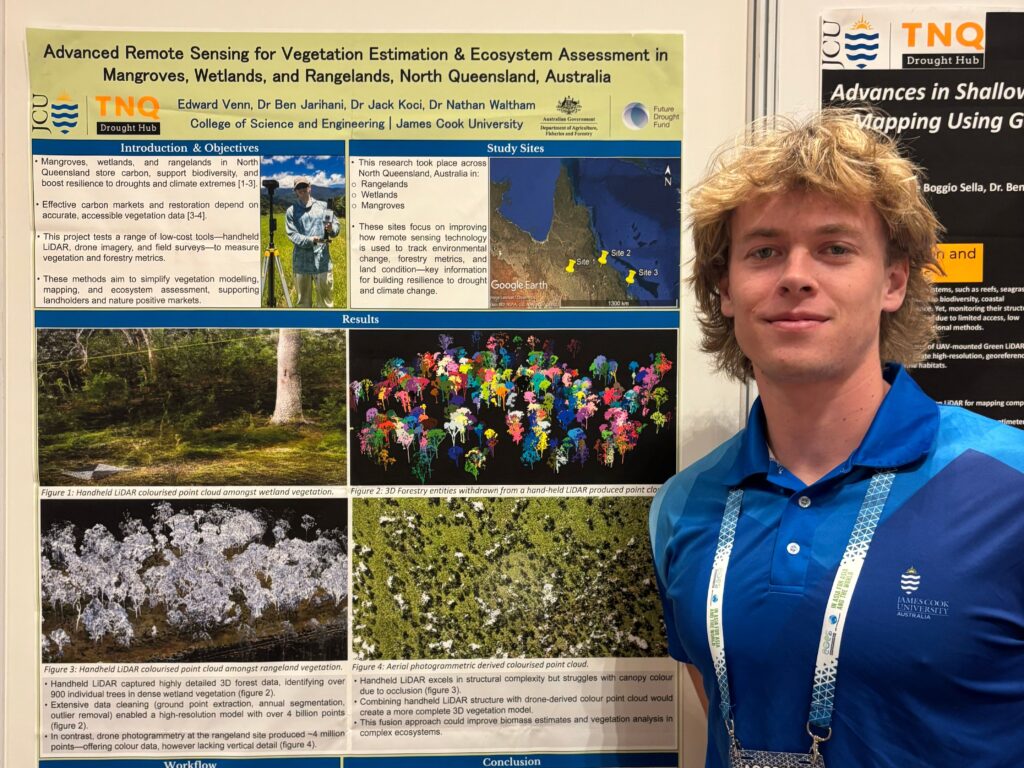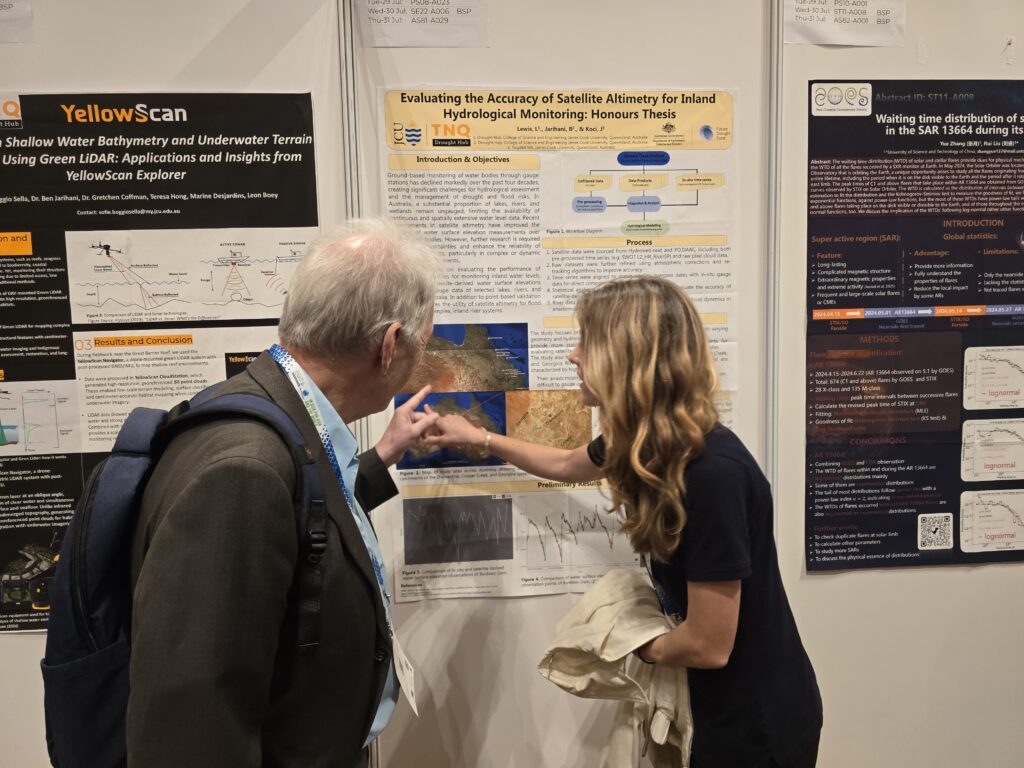


Drought and climate variability are some of the biggest challenges facing Northern Australia, and the next generation of researchers will play a vital role in finding solutions.
The TNQ Drought Hub Honours Scholarships are designed to support students attending regional universities who want to take their studies further, apply their knowledge to real-world issues, and make a lasting impact on the productivity and resilience of regional Australia.
Valued at up to $5,000 for full-time students, these scholarships are open to passionate researchers in any discipline whose projects align with the Hub’s key priorities: drought and climate change adaptation, land management, innovation and technology, skills and capacity building, and Aboriginal and Torres Strait Islander agricultural enterprise.
These projects will contribute to both the scientific and practical skills of the next generation of regional professionals while building stronger, more resilient agricultural businesses, communities, and regions across Tropical North Queensland.

Applications are now open for the 2026 TNQ Drought Hub Honours Scholarships, offering up to $5,000 for full time students or up to $2,500 for part-time students over the duration of one year.
Open to students from any discipline, these scholarships are designed for those whose research can make a real difference to drought and climate resilience in Tropical North Queensland.
Successful applicants will not only receive financial support but also the opportunity to connect their studies with industry and community needs, helping to build stronger, more resilient agricultural systems and regional communities.
Thank you to everyone who applied for the 2026 TNQ Drought Hub Honours Scholarships. Applicants will be contacted and the succesful students will have their research published below.
















The TNQ Drought Hub is proud to introduce the following students who have been awarded scholarship funding to advance their research in drought resilience. Each student has developed a project that aligns with the Hub’s priorities and addresses the current and future needs of agriculture in Tropical North Queensland.
As part of their journey, the scholarship recipients will share their findings through reports, videos, and practical insights – ensuring that their work not only builds academic knowledge and professional development, but also delivers real benefits for producers, communities, and industry across the region.
Keywords: Passive Acoustic Monitoring (PAM), Chital deer, Camera traps, Detection/monitoring, Rangelands
Keywords: Soil health, Carbon sequestration, Macroinvertebrates, Sustainable farming, Sugarcane agriculture
Keywords: Satellite hydrology, Inland water monitoring, Drought resilience, Water resource management, SWOT satellite
Keywords: High-resolution satellite imagery, Water availability mapping, Grazing and cattle management, Drought resilience, West Queensland water resources
Keywords: Barramundi sex differentiation, Vitellogenin (VTG) biomarker, Aquaculture breeding control, Sustainable fish farming, Resilient aquaculture systems
Keywords: Burrowing frog behaviour, Notaden species calling patterns, Bioturbation and soil health, Drought resilience in ecosystems, Passive acoustic monitoring
Keywords: Mobile terrestrial scanning, Blue and green carbon mapping, LiDAR and photogrammetry, Ecosystem health assessment, Biomass assessment
Keywords: Rural mental health services, Access gap, Drought and farming, Preparedness and resilience, Qualitative research
Keywords: Faecal seeding, Desmanthus legume, Hard vs scarified seed, Gastrointestinal survival, Drought resilience
Keywords: Mental health professionals, Extreme weather events, Environmental trauma, Training and preparedness, Community resilience
Keywords: Drought, Mental health, Rural Queensland, Depression rates, Resilience
Keywords: Enhanced weathering, Soil acidity, Carbon dioxide removal, Alkaline minerals, Tropical agricultural soils
Keywords: Drones, Digital Terrain Models, Erosion, Gullies, Hydrology
Keywords: Water management, Social identity, Rural-urban division, Resource access, Equity
Keywords: Sensor Technology, Invertebrate Diversity, Biodiversity, Indicator Species, Agricultural Land
Keywords: Hydrological Modelling, Savanna Rangeland, Alluvial Gully, Runoff, Rainfall
Keywords: Restoration Techniques, Land Cover, Soil Properties, Vegetation Reestablishment, Ground Cover Change
Keywords: Enhanced weathering, Basalt, Carbon sequestration, Bicarbonate, Soil pH
Keywords: Bush food, Indigenous, Economic development, Climate change, Traditional knowledge
Lorem ipsum dolor sit amet, consectetur adipiscing elit. Ut elit tellus, luctus nec ullamcorper mattis, pulvinar dapibus leo.
